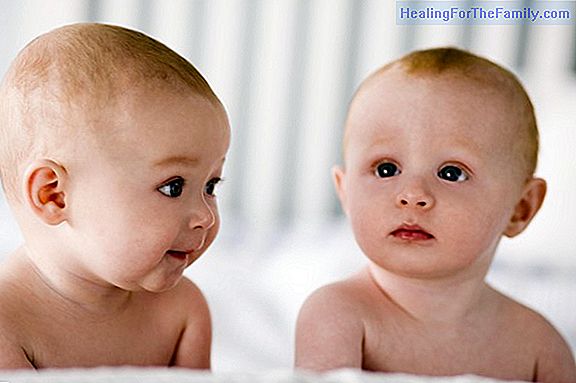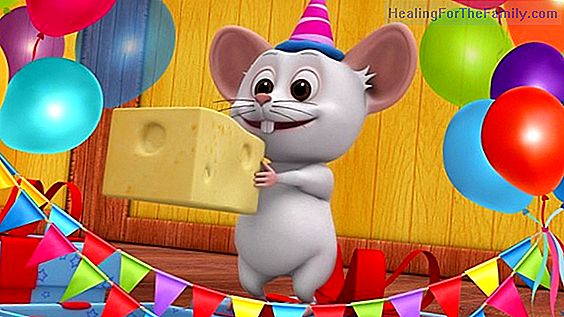How to manage discussions with children
As children grow they develop their own identity, an identity that pretends to be different from that of their parents. It is in adolescence when this identity that they have matured gives them their own ideas and opinions about life that make them ready for adulthood. It is possible that while the
As children grow they develop their own identity, an identity that pretends to be different from that of their parents. It is in adolescence when this identity that they have matured gives them their own ideas and opinions about life that make them ready for adulthood.
It is possible that while the child is changing and becoming that new capable person, parents find it difficult to adapt to this change. It is normal for adults to continue to see their child as someone who needs help to make the decisions that are happening in their life such as choosing the clothes they will wear, what they will eat, what friends they will meet, how to decorate their room, what sport to practice, etc.
This process of adaptation means that in many families there are discussions between parents and children. It is easy to trigger conflict because parents tend to protect and provide security regardless of the age of the child.
The discussion as a learning opportunity

The discussions are given by the differences that are generated as a result of a situation that implies a problem. With the conflict appear negative feelings, bad mood, anxiety, discrepancy and tension.
There is, in general, a negative view in which the discussion is understood as a situation that generates discomfort and is difficult to solve. We see it as something that tends to be avoided, and if it can not be avoided, it is understood as a confrontation in which one of the parties always loses.
We must learn to see conflict as a situation to be solved and where both parties win. Discussions, therefore, can and should be understood as an opportunity to learn social skills and negotiation, empathy and decision-making skills.
The differences that exist between parents and children should be used to reach an approach, to strengthen bonds and achieve well-being that will be key for personal and family development.
How to resolve conflicts with the children
Most of the time the parents do not know how to manage the discussions with their children, who do not seem to attend to the reasons why the adults are upset. Both enter a loop of discussions that have no end and it seems that they have no possible solution. It is important to make this scenario a constructive situation. To do this:
- We must reflect on what is the problem and who is involved.
- Identify the emotions and thoughts that are latent in the discussion.
- Reflect on how you are acting. What kind of behaviors are being carried out and how they influence the conflict. Screams, reproaches, punishments do not help to improve the situation.
- Focus the communication on the emotions that are occurring more than on the situation itself.
- Empathy. Explain the point of view you have and put yourself in the child's place to try to understand him. Avoid criticism.
- If there is anger, it is better to leave a time and resume the discussion later. - To be informed in order to have more than one alternative solution to the conflict thinking about the good of all the parties.
- If we offer different alternatives to the children to choose, the negotiation is encouraged.












